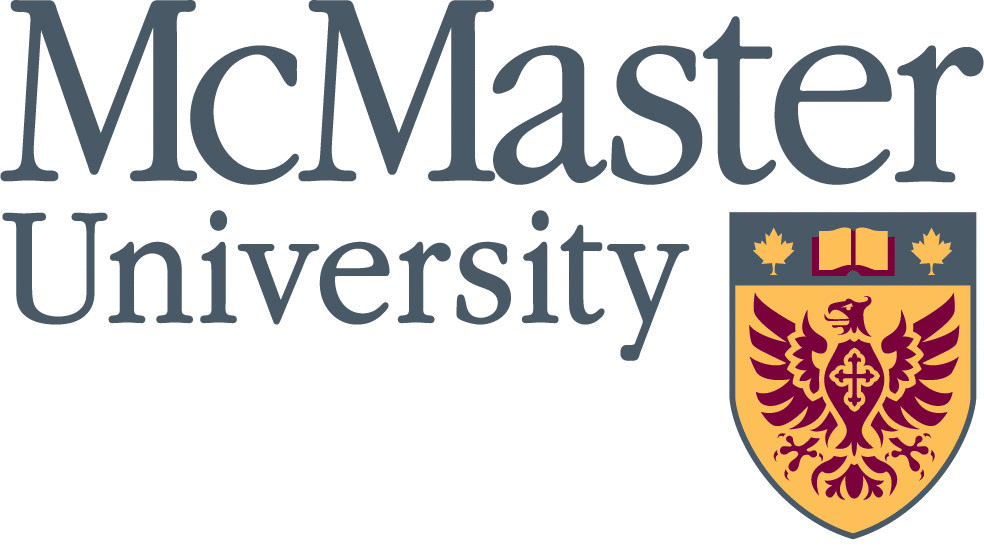MURA has devoted several articles over the past few years to this topic, with a particular focus on the value of the $10,000 out of province emergency medical coverage for retirees. These articles can all be found on the MURAnews -- Benefits page.
In summary, the following are the key features of your $10,000 out of province emergency medical coverage:
- This coverage, which is managed for the University by Sun Life, will pay 100% of the cost of qualified emergency medical services up to a life time maximum of $10,000, regardless of any pre-existing conditions you may have.
- The plan may cover you for trips of up to 60 days; check your benefit booklet for confirmation. This coverage is available to both you and your spouse. Your spouse’s coverage continues even after your death.
- This coverage can be used as a first payer on an emergency out-of-province/country claim, i.e. when purchasing additional private insurance coverage with a deductible; you can use the $10,000 to coordinate with the private insurance. This can reduce your premium by up to 45%, although not all policies offer a deductible. Cost should not be the only factor in deciding whether or not to use the McMaster coverage as a deductible. Because the McMaster policy covers all pre-existing conditions, you might want to save the McMaster coverage for your more elderly years when insurance will be more difficult and expensive to purchase. For a more thorough discussion of whether or not to use your McMaster coverage as a deductible, see Pros and cons -- when should you use your McMaster coverage as a deductible?
- A summary of the retiree out of province coverage can be found on the Human Resources Emergency Travel Assistance page or by phoning HR at 905-525-9140, ext. 22247.
Why You Need Additional Coverage
- $10,000 may seem like a lot of coverage, but a medical emergency in the U.S. or other countries can cost tens of thousands of dollars.
- Even trips to other Canadian provinces require additional coverage, as some procedures in other provinces may not be fully covered by OHIP, and the cost of evacuating you back to Ontario can be very expensive.
- You may be perfectly healthy, but accidents can and do happen, and when they do the medical costs can be substantial.
Where Can You Get More Information?
- An excellent discussion of travel health insurance, addressing the need for travel health insurance, who provides this insurance, a list of questions you should ask when purchasing travel health insurance and the restrictions/limitations of this insurance is available from the Canadian Life and Health Insurance Association's information pamphlet, A Guide to Travel Health Insurance, or by calling CLHIA at 1-888-295-8112.
- MURA spent considerable time over the past few years working with Geoff Burman of Broker Advantage to sort out some of the issues around the University’s $10,000 plan. Geoff has since left Broker Advantage, and Broker Advantage was sold to AwayCare. Their Dundas location can be reached at 1-888-563-3122.
Where Do You Buy Out-of-Province Medical Insurance?
- MURA cannot recommend any particular providers. This is a personal choice and will depend on your age, your health, whether or not you have any pre-existing medical conditions, whether you want insurance for a single trip or would like coverage that covers several trips over the course of a year.
- Costs can vary substantially among the various providers and you should shop around to get the best price. Premiums for the same coverage can vary by hundreds of dollars from one provider to the next.
- An insurance broker may be a good place to start looking for the travel insurance that you need. Insurance brokers represent a wide range of companies offering emergency travel insurance and as such can provide a broad range of coverage to match individual travel plans, age and pre-existing medical conditions. Insurance brokers don’t sell travel insurance from a single insurance supplier but rather attempt to find the best insurance to match your particular requirements and health. Brokers will also attempt to educate you so that you are aware of some of the pitfalls in purchasing travel insurance. Brokers will also advocate on your behalf should you have to make a claim. AwayCare, Medi-Quote and Securiglobe are but three examples of such insurance brokers. Simply Google “travel insurance brokers” to find a comprehensive list.
- belairedirect travel insurance offers group discounts to MURA members through MURA's membership in CURAC, College and University Retiree Associations of Canada.
- There are many other providers of out-of-province/out-of-country medical insurance. Blue Cross, the CAA, CARP, Manulife and RBC are just a few. In addition, many premium credit cards provide travel insurance. Beware, however, of assuming that your credit card will provide you with adequate medical insurance. Many premium credit cards do provide automatic travel insurance, but this coverage is limited in nature (usually up to 15 days and only for travellers under age 65). A few premium cards do provide emergency travel insurance to those over 65, but this is limited to trips of 3 days duration or less. The caveat once again is buyer beware.
- Shop around for the coverage that provides the best coverage for your individual needs at the best price and always ensure that you explain completely any pre-existing conditions. When completing the medical questionnaire, answer all questions accurately and honestly, and consult your doctor if you are at all unsure as to how to answer a question.
Originally published as Your $10,000 out of province emergency medical coverage, by Mike Hedden, Fall 2014
Updated December 2025
